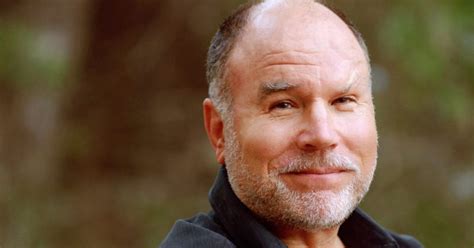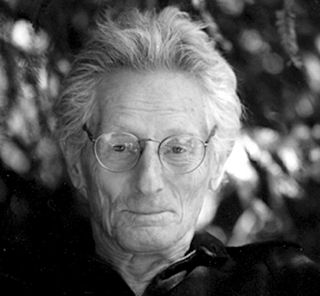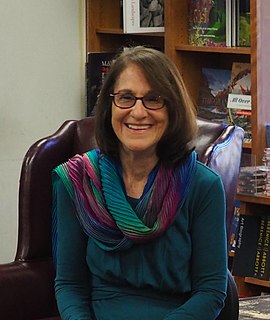A Quote by Tracee Ellis Ross
Here is my wish and my desire and my pledge as well: that we remember our true nature and our womanhood. That we own and know that we are more than our bodies and yet our bodies are these sacred, beautiful, rhythmic houses for us.
Related Quotes
We usually do pay attention to our outer appearance, typically noticing whatever part of our bodies we are unhappy about. It behooves us, however, to get on very good terms with more than just the surface of our bodies as we grow older; for if we don't listen to our bodies and pay attention to our physical needs and pleasures, this vehicle that we need to be running well to take us into a long and comfortable life, will limit what we can do and who we become.
The image of the Goddess inspires women to see ourselves as divine, our bodies as sacred, the changing phases of our lives as holy, our aggression as healthy, our anger as purifying, and our power to nurture and create, but also to limit and destroy when necessary, as the very force that sustains all life. Through the Goddess we can discover our strength, enlighten our minds, own our bodies, and celebrate our emotions. We can move beyond narrow, constricting roles and become whole.
The sun shines not on us but in us. The rivers flow not past, but through us. Thrilling, tingling, vibrating every fiber and cell of the substance of our bodies, making them glide and sing. The trees wave and the flowers bloom in our bodies as well as our souls, and every bird song, wind song, and tremendous storm song of the rocks in the heart of the mountains is our song, our very own, and sings our love.
Mindful consumption is the object of this precept. We are what we consume. If we look deeply into the items that we consume every day, we will come to know our own nature very well. We have to eat, drink, consume, but if we do it unmindfully, we may destroy our bodies and our consciousness, showing ingratitude toward our ancestors, our parents, and future generations.
Presumably there are energies, to which each human is sensitive, that we cannot yet detect by means of our instruments. Built into our brains and our bodies are very sensitive tuneable receivers for energies that we do not yet know about in our science but that each one of us can detect under the proper circumstances and the proper state of mind. We can tune our nervous systems and bodies to receive these energies. We can also tune our brains and bodies to transmit these energies.
How do we allow God into our minds, bodies, relationships, and life? We stop squeezing the divine out through our preconceived notions of what is sacred and what is profane. When we assume the mind-set that everything is ultimately divine, though sometimes more disguised than others, then we can see that all of our thoughts, impulses, and desires arise from and can bring us back to awareness of the sacred.
Freedom is a state of mind, I said wondering where I'd heard it before, not a state of being. We are all slaves to gravity and morality and the vicissitudes of nature. Our genes govern us much more than we'd like to think. Our bodies can not know absolute freedom but our minds can, can at least try.
Are we our bodies? Is a small person less than a big person, then? If we were our bodies, then when we lost an arm, or a leg, would we be less, would we begin to fade from existence? No. We are the same person. We are not our bodies; we are our thoughts. As they form, they define who we are, and create the reality of our existence.




































